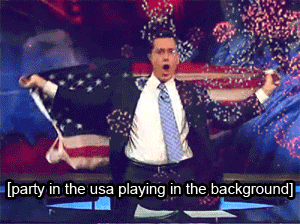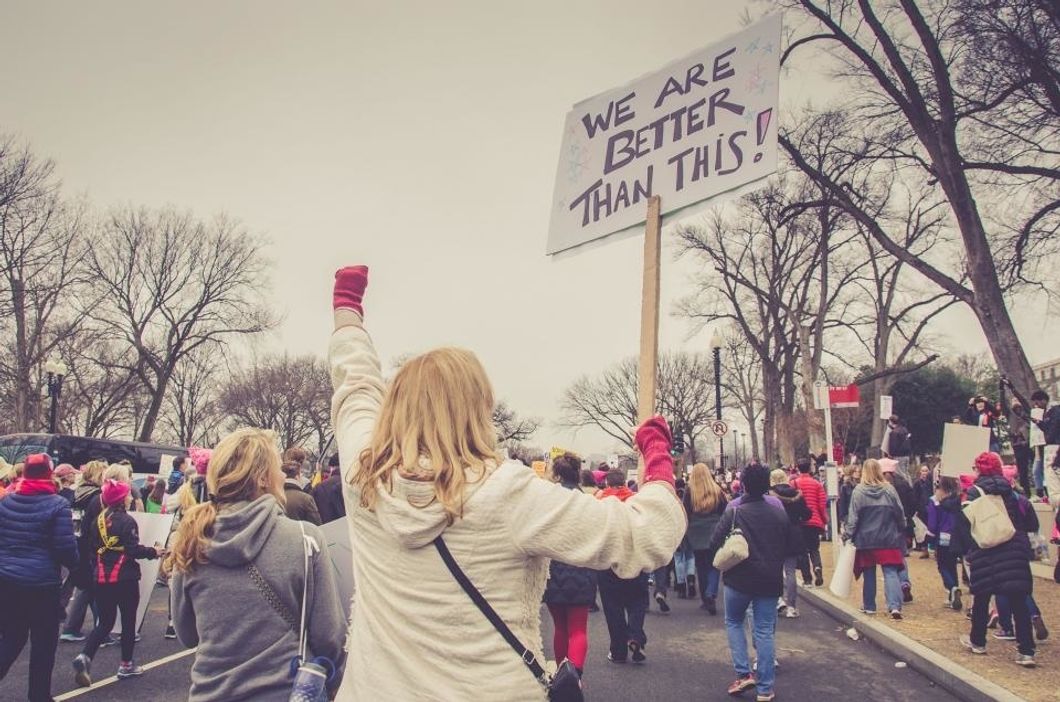Milwaukee Wins Bid for 2020 Democratic National Convention
The Democrats will convene on the shores of Lake Michigan July 13-16, 2020
When I first heard that Milwaukee, Wisconsin was in the running to host the Democratic National Convention (DNC) next year in the lead-up to the 2020 presidential election, I thought it interesting, though not without basis.
When I heard next that Milwaukee had actually been granted the DNC, I was mildly surprised, though not shocked. After all, as I said, there is basis.
Milwaukee is the largest city in my home state of Wisconsin. Wisconsin, in tandem with many other Upper Midwest states, had voted for Democrats in every presidential election dating back to the 1980s. Keyword "had." As has gone down in history, Donald Trump won not only Wisconsin, but also Michigan and Pennsylvania on his way to taking the presidency.
While cities like Detroit or Pittsburgh would have also been fertile ground for Democrats to stake a claim to the white working class that abandoned them for Trump in 2016, the decision to break for Wisconsin specifically makes sense for a number of reasons.
Firstly, of all those Upper Midwest states, Wisconsin had been solidly Democratic for the longest. Prior to Trump, the last time Wisconsin had sided with the Republican nominee was during Ronald Reagan's 1984 campaign. It's also worth noting that Reagan was an incumbent during that election. By picking Milwaukee (and by extension Wisconsin) the Democratic Party is acting to prevent any further electoral slippage in what was once a sure pillar of support.
Secondly, Wisconsin has been ground zero for the clash of liberal and conservative ideologies, dating all the way back to at least Obama's first election in 2008. That presidential vote was followed by Republican victories in 2010 in which the Democrats lost control of the governorship and both houses of the state legislature. They also lost a US Senate seat, with political newcomer Ron Johnson defeating three-term stalwart Russ Feingold.
The 2010 elections, in turn, kicked off a litany of raucous political prizefighting, with Republican Gov. Scott Walker's 2011 legislation restricting union power by reshaping collective bargaining parameters and allowing individuals to choose whether or not to pay union dues. This bill, known broadly as Act 10, incited a Democratic-backed recall of the governor and a number of other Republican legislators. Republicans retaliated with a number of their own recalls against Democrats and Gov. Walker ultimately won his recall election in 2012, as well as his regularly scheduled election in 2014.
Yet, the pendulum continued to seesaw between the two ends of the political spectrum: Obama won reelection in 2012, Democrat Tammy Baldwin won election to Wisconsin's other Senate seat the same year, Ron Johnson was reelected after a rematch against Feingold in 2016, and (obviously) Trump won in his own campaign. But even that is not the end of the story. Tony Evers, the state's former Superintendent of Public Instruction, defeated Walker behind a wave of anti-Trump sentiment in 2018.
All of this to say that despite its outwardly blue appearance, Wisconsin politics are actually more fractious than they may at first seem.
Due to Milwaukee's size and composition, it's rare that the city hosts anything of such importance. Super Bowls don't come down to Milwaukee; there isn't even a stadium in the city that would be capable of hosting one. Big movies aren't shot here but rarely. And few truly famous people call the city home; if they do, they were likely only born here, and have since migrated to New York, Los Angeles, Chicago, or the like.
But, that's not to say that there's nothing to be proud of in Milwaukee. After all, the city is responsible for world famous beer, cheese, brats, and currently the best team in basketball. The Cream City also plays host to Harley-Davidson, the most prominent motorcycle manufacturer in America, as well as Summerfest, the world's largest music festival. Born here myself, I am glad to count the city as part of my own heritage as well.
Frankly, hosting the DNC is a measure I'm supportive of (and one that Scott Walker is too). Not only will it bring prominence to Milwaukee, the state of Wisconsin, and the issues at hand here, but the economic impact of such an event is sure to be resounding. From hotels to restaurants to every and any other facility thousands of out-of-town visitors might utilize over the four days of the convention, it's estimated that the region could see as much as a $200 million boost from the festivities.
Still, I'm left wondering what the optics will be for the DNC.
To elucidate, it seems something cheap to commit to hosting your biggest party of the year in a city that you've largely only paid lip service to up until now. Despite the fact that there is sure to be emphatic vaunting of the vast Democratic (and Socialist) history of the city, there is no denying that the tenure of Milwaukee's current mayor, Tom Barrett, has been disastrous.
Barrett will likely be a key cog in the machine that is the 2020 DNC, but in his 15-year career as the leader of Wisconsin's largest city there are a great many areas where his Democratic policies have failed miserably. Gun violence in Milwaukee is occurring at rates among the highest in the United States and is on par with the city's larger Great Lakes kin, Chicago. Reports continue to bubble up that Milwaukee is the most racially segregated city in the nation. The city apparently has one of the highest tax rates in the entire state of Wisconsin, yet continues to have some of the worst infrastructure in the whole country.
And in light of all this, Mayor Barrett's crowning achievement in a decade and a half on the job is that of a simple streetcar, of which a majority of residents did not want.
While efforts to bring the DNC to Milwaukee in 2020 seem to have been long and tenuous, I am ultimately pleased with the economic impact that such an event will have. I am supportive of the bipartisan backing that sought to bring visibility to a Wisconsin cornerstone, spearheaded by none other than the ousted Gov. Walker.
And yet, I am dubious about Democratic "showcasing" of the city. After all, what policies can the Democrats really claim as points of victory under Mayor Barrett? What Democratic achievements can they possibly tout?
Perhaps the DNC will shed light not only on the positive elements of Brew City, but also upon the more discouraging ones that could use a bit of extra attention.

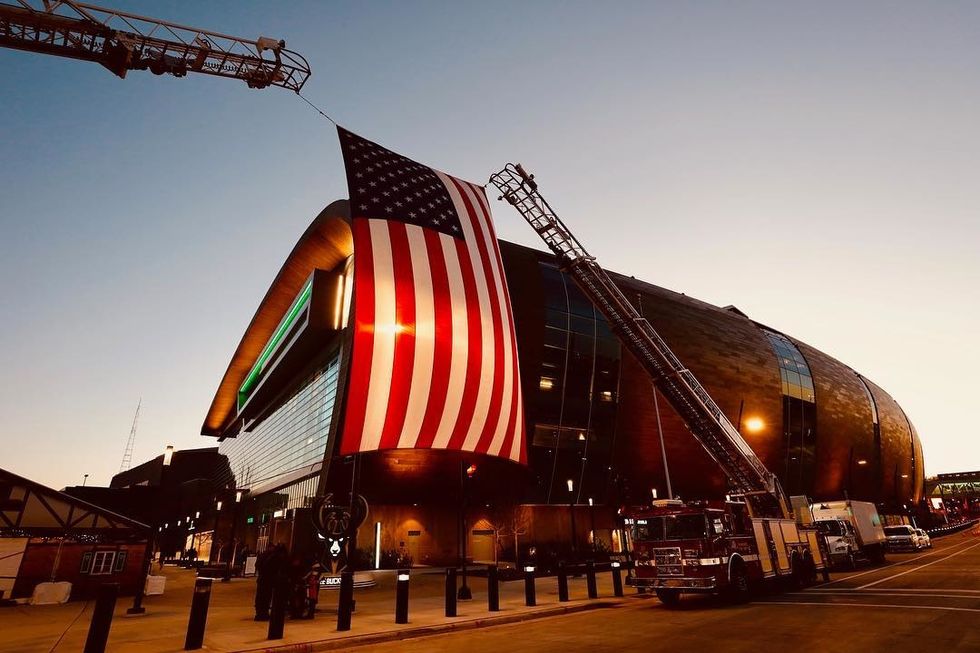
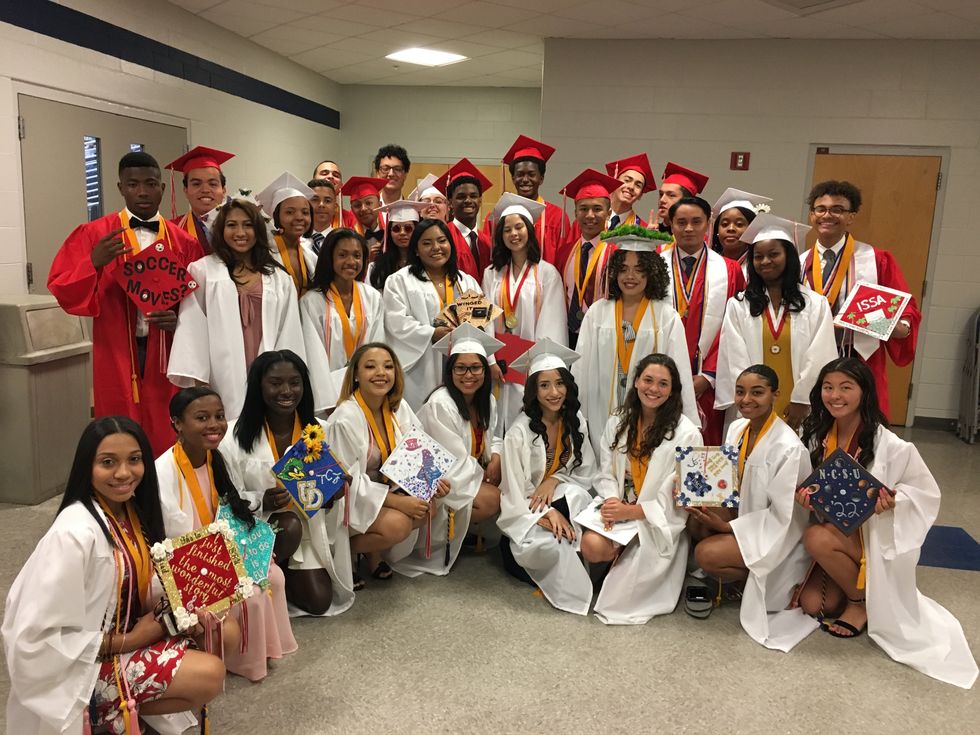


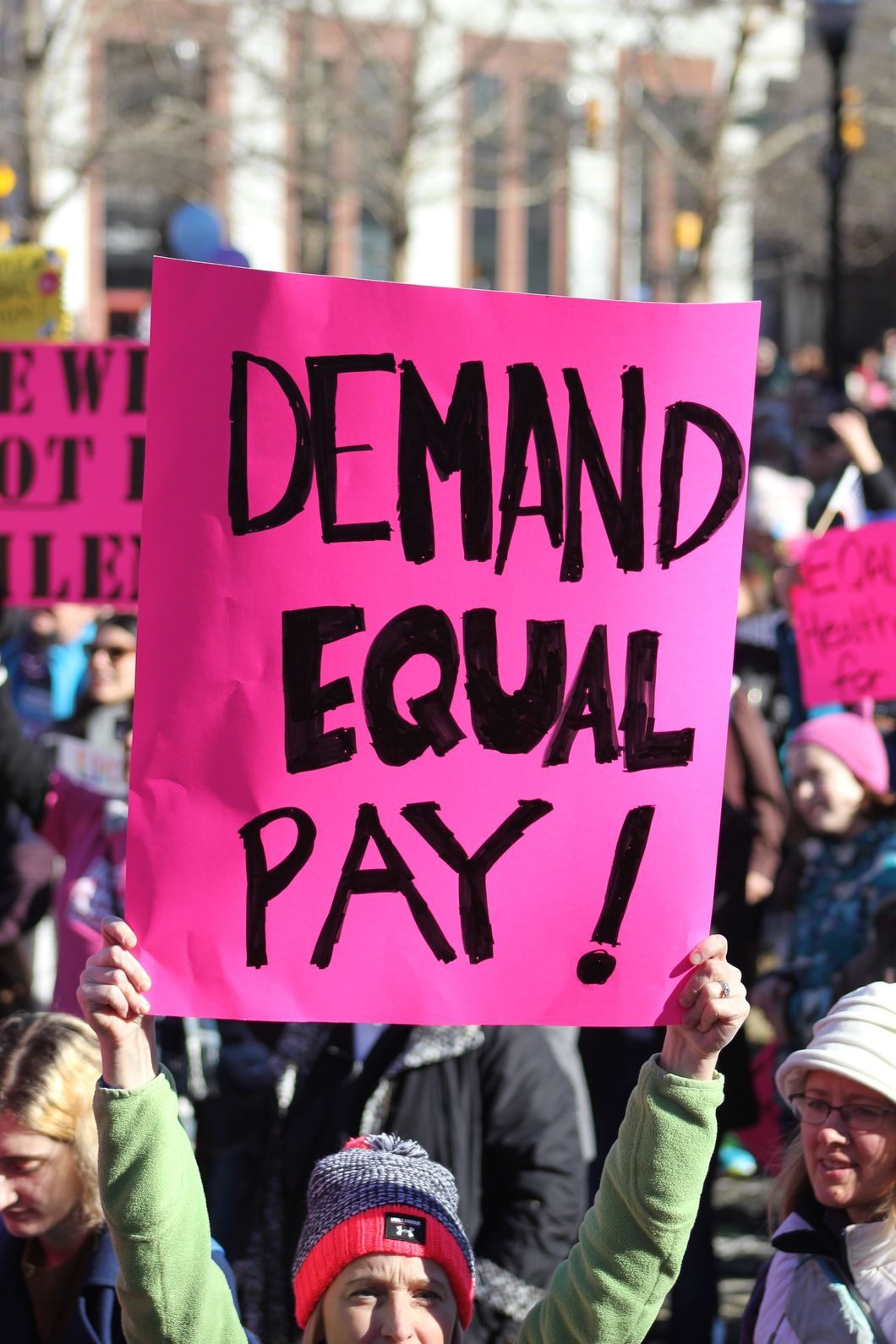

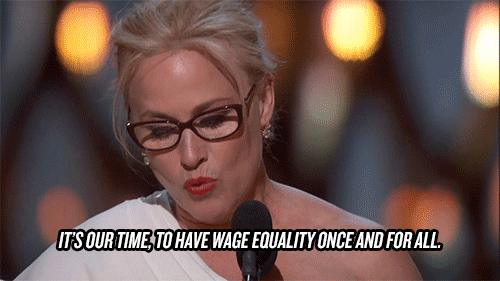


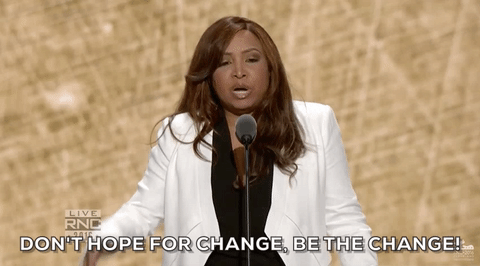

 Voting Barack Obama GIF by Democratic National Convention - Find & Share on GIPHY
Voting Barack Obama GIF by Democratic National Convention - Find & Share on GIPHY